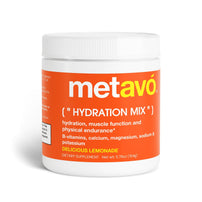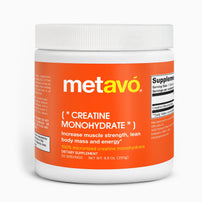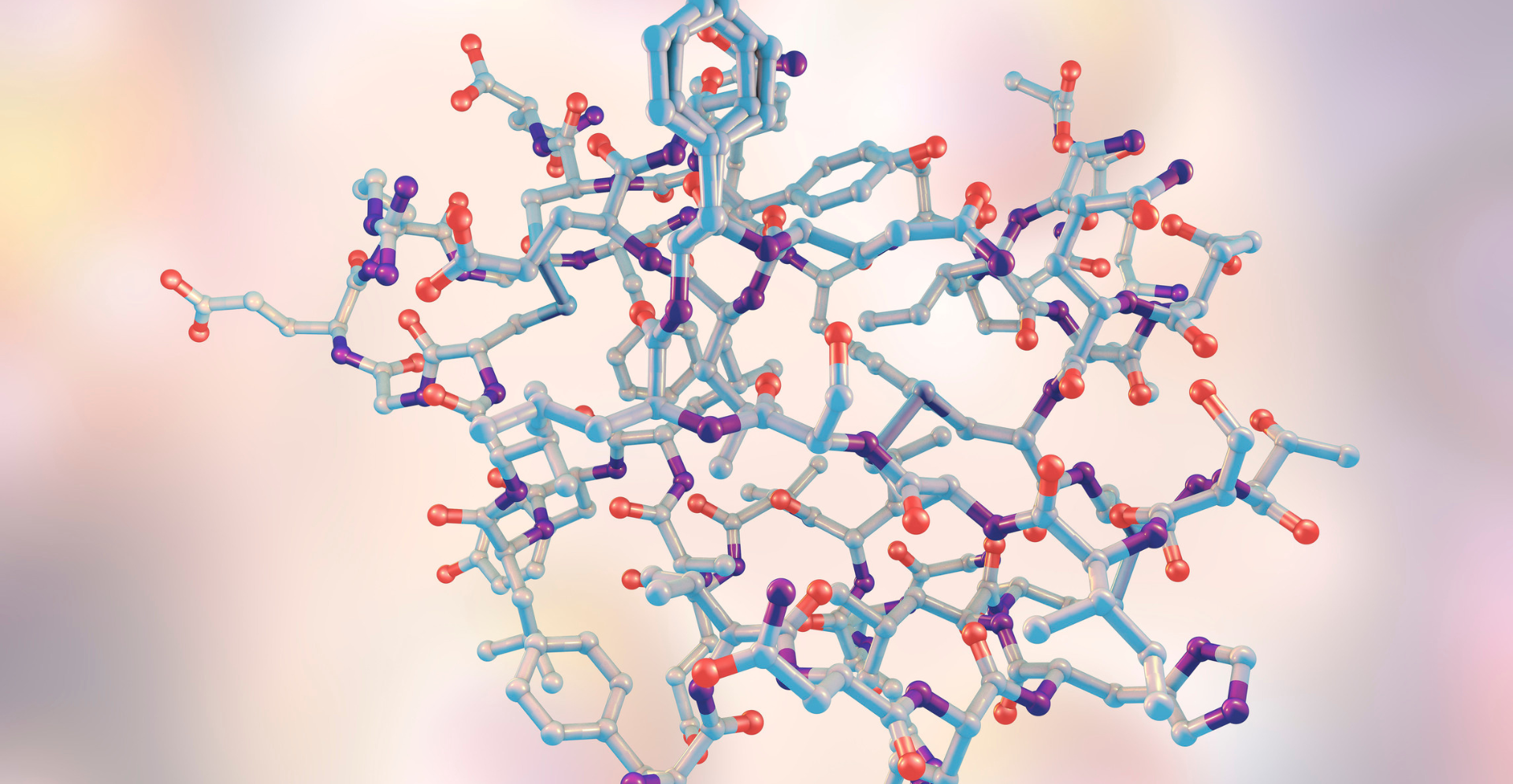Cellular health is fundamental to our overall well-being. Every function in our body depends on healthy cells to operate efficiently. When our cells struggle, it can manifest in various symptoms across different organ systems. Here are ten signs your cells may be struggling and what they indicate.
1. Brain
Experiencing depression, anxiety, migraines, memory loss, and difficulty concentrating can be signs of unhealthy brain cells. These symptoms suggest that your brain cells are not functioning optimally, which can affect your mood, cognitive abilities, and overall mental health.
2. Heart
Symptoms like irregular heartbeats, chest pain, high blood pressure, and shortness of breath might indicate problems with heart cells. Healthy heart cells are crucial for maintaining proper cardiovascular function, and issues in this area can lead to serious conditions like arrhythmias and hypertension.
3. Liver
Signs such as jaundice (yellowing of the skin and eyes), fatigue, dark urine, and unexplained weight loss can point to unhealthy liver cells. The liver plays a vital role in detoxification, metabolism, and nutrient storage, so impaired liver cells can have widespread effects on your health.
4. Muscles
Weakness, chronic muscle pain, cramps, and difficulty in physical activities may suggest unhealthy muscle cells. Healthy muscle cells are essential for movement, strength, and endurance. When muscle cells are compromised, it can significantly impact your physical capabilities and quality of life.
5. Skin
Persistent acne, eczema, slow-healing wounds, and premature aging can be signs of unhealthy skin cells. Your skin is the largest organ and a barrier against infections. Issues with skin cells can lead to dermatological problems and affect your appearance and confidence.
6. Intestines
Symptoms like bloating, constipation, diarrhea, and abdominal pain may indicate issues with intestinal cells. Healthy intestinal cells are vital for digestion, nutrient absorption, and immune function. When these cells are compromised, it can lead to gastrointestinal disorders and discomfort.
7. Pancreas
Signs such as frequent urination, excessive thirst, unexplained weight loss, and persistent fatigue can be indicators of unhealthy pancreatic cells, often linked to diabetes. The pancreas is responsible for insulin production and blood sugar regulation, so issues here can have serious metabolic consequences.
8. Lungs
Chronic cough, shortness of breath, frequent respiratory infections, and decreased exercise tolerance may suggest unhealthy lung cells. Healthy lung cells are crucial for efficient gas exchange and respiratory function. Compromised lung cells can lead to chronic respiratory conditions and reduced oxygen supply to the body.
9. Kidneys
Symptoms like swelling in the legs and ankles, changes in urine output, fatigue, and high blood pressure can indicate unhealthy kidney cells. The kidneys filter waste from the blood, regulate fluid balance, and maintain electrolyte levels. Dysfunctional kidney cells can lead to serious health problems like chronic kidney disease.
10. Immune System
Frequent infections, slow recovery from illnesses, chronic fatigue, and inflammation can be signs of unhealthy immune cells. A robust immune system is essential for defending against pathogens and maintaining overall health. When immune cells are compromised, it can lead to increased susceptibility to infections and slower healing processes.
Improving Cellular Health
Addressing these signs early on with appropriate lifestyle changes, medical interventions, and support from products like Metavo can help improve cellular health and overall metabolism. Here are some steps you can take:
- Nutrition: Eat a balanced diet rich in antioxidants, vitamins, and minerals to support cell function.
- Exercise: Regular physical activity boosts circulation, delivers oxygen to cells, and promotes overall health.
- Hydration: Stay well-hydrated to help maintain cellular function and remove toxins from the body.
- Sleep: Ensure you get adequate rest to allow cells to repair and regenerate.
- Avoid Toxins: Limit exposure to harmful substances that can damage cells, such as tobacco, excessive alcohol, and environmental pollutants.
- Supplements: Consider supplements that support cellular health, like Metavo, which contains AvoB™ and essential nutrients to promote healthy glucose metabolism and reduce oxidative stress.
By paying attention to these signs and taking proactive steps, you can support your cellular health and enhance your overall well-being. Healthy cells lead to a healthier, more vibrant life.
























Leave a comment
This site is protected by hCaptcha and the hCaptcha Privacy Policy and Terms of Service apply.